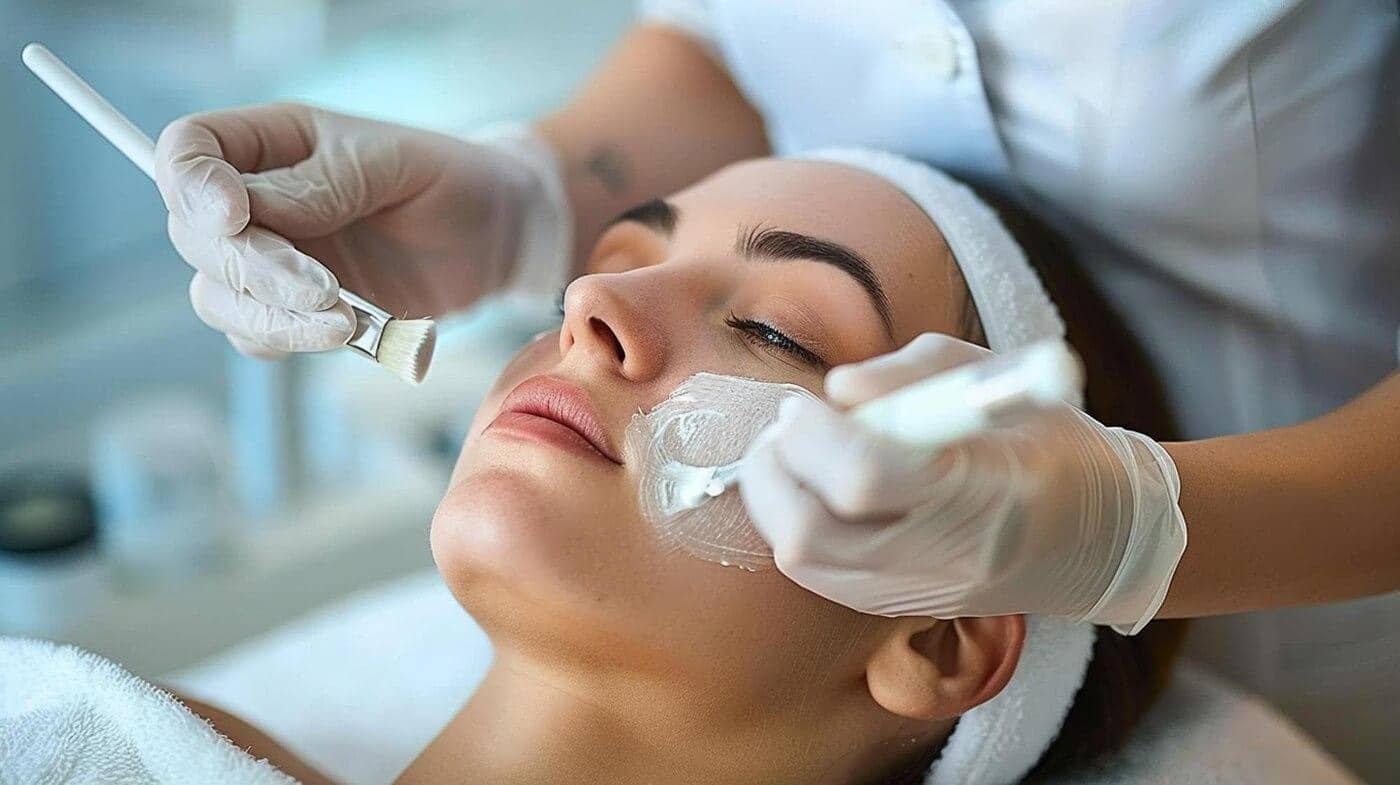

Clinical Dermatology is the branch of medicine that deals with the diagnosis, treatment and prevention of diseases of the skin, hair and nails. It focuses on both common dermatological conditions, such as acne and eczema, as well as more complex disorders, including autoimmune and oncological diseases. Using modern diagnostic methods and personalized treatments, it offers comprehensive care to improve the health and quality of life of patients.
- Acne
- Rosacea
- Psoriasis
- Eczema
- Atopic dermatitis
- Melasma
- Hives
- Itching
- Skin infections (bacterial/fungal)
- Herpes
- Warts
- Moles – dermoscopy
- Hyperhidrosis
- Nail diseases
- Hair diseases
- Benign skin lesions (seborrheic hyperkeratosis, papillomas)
- Dermato-oncology (malignant skin lesions)
Pediatric dermatology

Pediatric dermatology is a specialized branch of dermatology that focuses on the diagnosis and treatment of skin diseases in infants, children and adolescents. Children’s skin is more sensitive and reacts differently than adult skin, so the approach must be careful, with treatments tailored to the specific needs of young patients.
- Eczema & Atopic Dermatitis: Common inflammatory conditions that cause intense itching, dryness and irritation of the skin. Treatment includes special moisturizers, medicated creams and guidance to avoid irritants.
- Hives: It appears in the form of red rashes (wheals) that itch and can be caused by allergies, infections or other factors.
- Skin Infections: Conditions such as ringworm, warts, and ringworm are common in children and are easily spread through contact. Treatment includes medications and topical treatments to clear up the lesions.
- Acne: It mainly appears during adolescence due to hormonal changes and can affect a child’s self-confidence. Proper dermatological care helps in its prevention and effective management.
- Lice: A common problem in school-age children, treated with specialized products and preventive measures to avoid reinfection.
Early diagnosis and personalized treatment are the key to children’s skin health. Trust your dermatologist and ensure the best care for your child’s skin!
Venereology

Venereology is the medical branch that specializes in the diagnosis, treatment and prevention of sexually transmitted diseases (STDs). These are diseases that are transmitted mainly through sexual contact and require a specialized medical approach for their effective management.
- Genital warts (HPV): These are small skin lesions caused by the human papillomavirus (HPV). They can appear in the genital and anal areas. Treatment includes topical applications, diathermocoagulation, or laser ablation.
- Genital herpes: A viral infection that causes painful blisters and ulcers in the genital area. Treatment is based on antiviral drugs that reduce the duration and frequency of outbreaks.
- Molluscum Contagiosum: A viral infection that causes small, painless papules on the skin, which can be spread by contact. Removal is by crushing, cryotherapy, or diathermocoagulation.
- Urethritis/Vaginitis: Inflammation of the urethra or vagina, caused by bacteria such as chlamydia, gonorrhea, and mycoplasma. Symptoms include burning during urination and increased discharge. Treatment includes antibiotic therapy.
- Syphilis: A bacterial infection that progresses in stages and, if left untreated, can lead to serious complications. Diagnosis is made with blood tests and treatment involves antibiotics (penicillin).
Early diagnosis and treatment of STDs is essential to avoid complications and stop their transmission. Regular testing, condom use, and education are key measures to maintain sexual health.
Take care of your health with appropriate medical monitoring and be informed about safe prevention practices!




